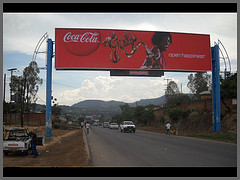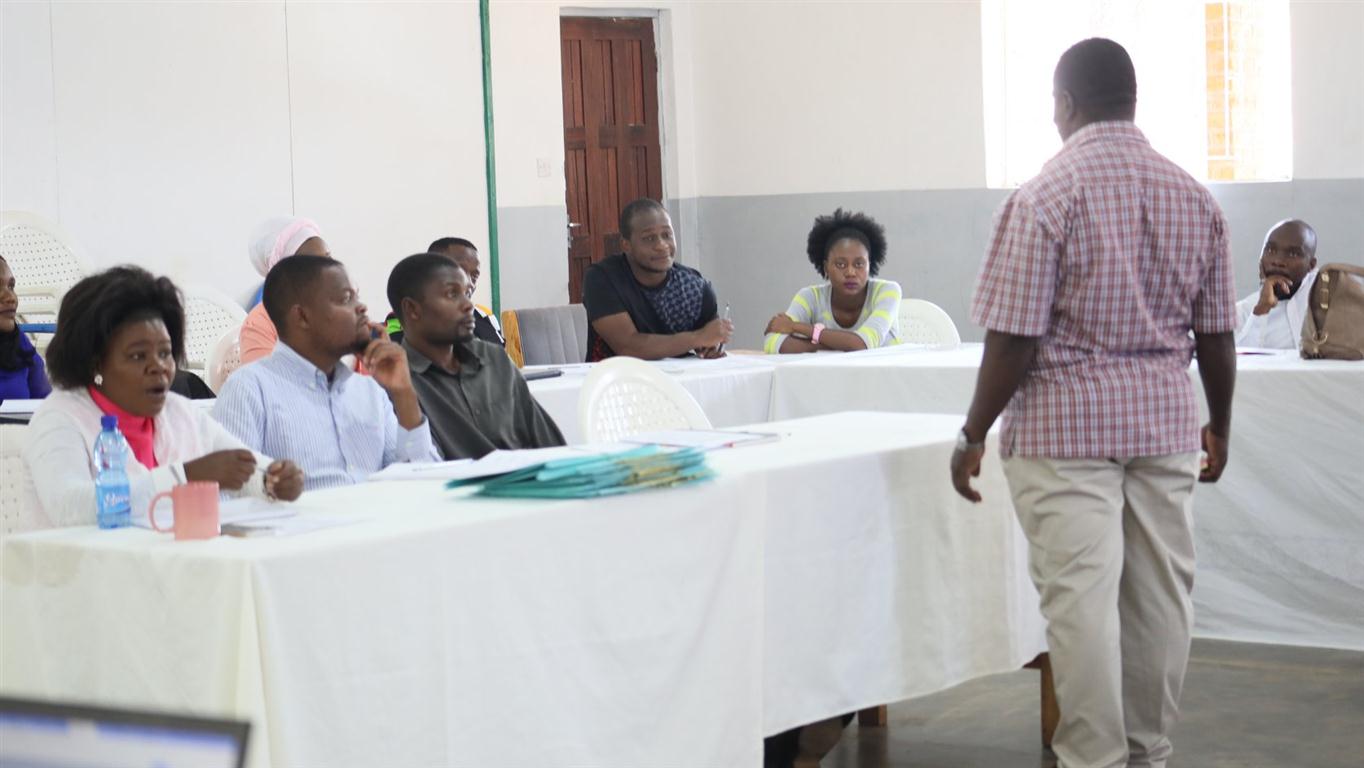By Beth Shirley
As the business world’s gaze turns towards African developing markets, outdoor advertising companies need to understand the different segments in the economies and how best to reach disparate groups of consumers, writes Beth Shirley.

As part of its consumer and media insights focus group series in various African countries, Continental Outdoor Media has released its research findings of consumer behaviour in Malawi so as to understand how outdoor advertising can affect habits.
While Malawi is one of the world’s least developed economies, there are significant opportunities for advertisers, with three clearly defined socio-economic groups in that country. Specifically, the research revealed that the socio-economic group constituting 80% of Malawians (and which is the poorest), holds much potential for advertisers.
“The research we conducted revealed that this ‘tier’ is heavily influenced by experts – trusted and well-known personalities that provide expert opinion and recommendations. Brands that take this cue build trust and market share,” said Adelaide McKelvey, sales and marketing director of Continental Outdoor Media. She added that strong family value statements and suggestions will go a long way in these consumers endorsing brands.
This socio-economic tier is coined the Osowa tier by Continental. It spends less money than average on consumer packaged goods, but represents a substantial market. “The scale and size of this market is ideal for brands that wish to gain traction with the opportunity of high volume sales. We recommend that advertising to this segment be visual with strong pack shots: these consumers do not purchase discount ‘jumbo’ packages of goods, rather they buy it in sachets or one cigarette at a time for instance,” said McKelvey.
Advertisers should note that this segment lives on less than $2 per day shopping is done mostly at local markets; however tried and trusted brands are purchased at supermarkets. Almost 60% of their household income is spent on food.
Meanwhile, the other two socio-economic groups – Olemela (wealthy and well-educated urbanites) and the Ochita Bwino (small middle-class, neither rich nor poor) also presented interesting opportunities for advertisers.
In terms of the Olemela (this segment consumes 58% of all goods and services), it was revealed that they have small families (on average two children), own cars and are health conscious with grocery shopping done at supermarket chains Woolworths, Mr Price, Game, Spar and Shoprite to name a few.
The affluent Olemela tier want information and will seek it out, so advertisers need to ensure that it is easy to find and accessible. In general, messaging should be short and sharp. As these consumers are highly discerning, advertising that entertains and drives them to social platforms has a better chance of success.
The second tier, Ochita Bwino, represent a bridge between the wealthy and those at the ‘bottom of the pyramid’. This segment focuses on affordability and value purchases. Approximately 30% of household income is spent on food.
They are brand conscious but look for value. Even though their houses are built from brick, generally every home has a small plot of corn in their yard. Their houses are situated largely on the outskirts of the urban areas, so these adults, all of who have to work, tend to spend more time in traffic using mostly public transport. We found that cellphone ownership is generally on contract.
“Every so-called tier in Malawi responds differently to advertising as revealed by the research. Supplied with information, media planners, marketers and advertisers can really take advantage of largely untapped spaces. Meanwhile, we look forward to collating our research conducted in other African countries,” said McKelvey.
The three socio-economic tiers in terms of advertising and consumer needs have been packaged by Continental Outdoor Media into easy-to-purchase networks of sites that make it easier and more practical for marketers and planners to purchase outdoor advertising in Africa.



